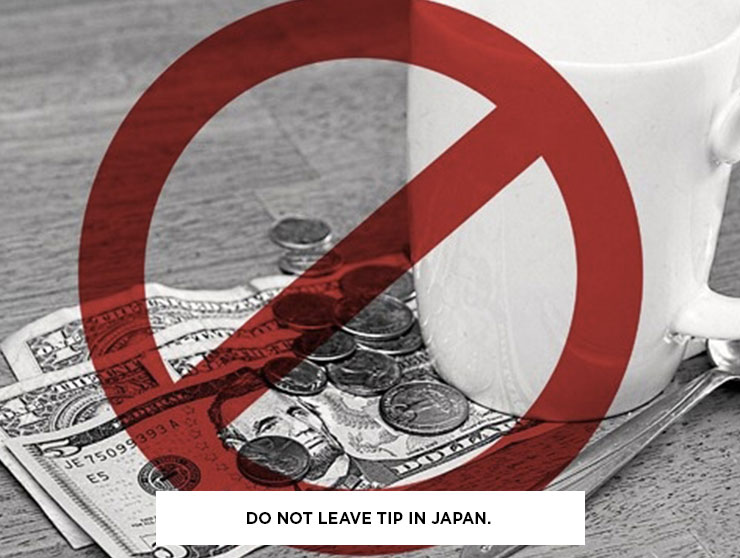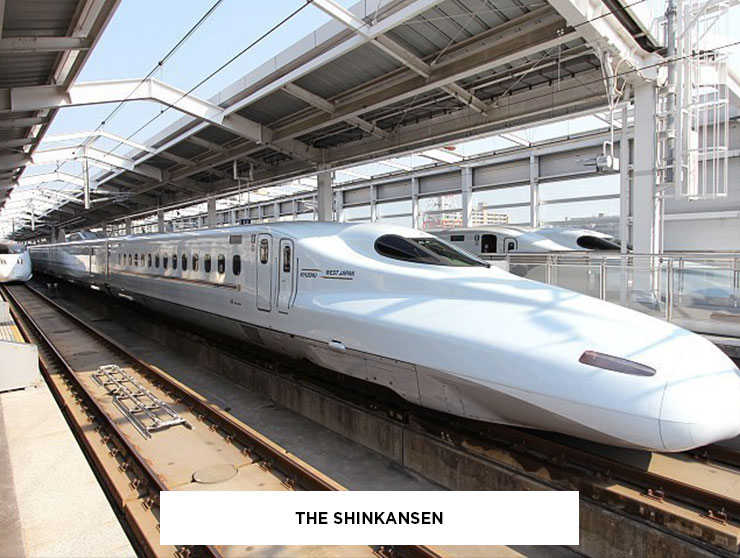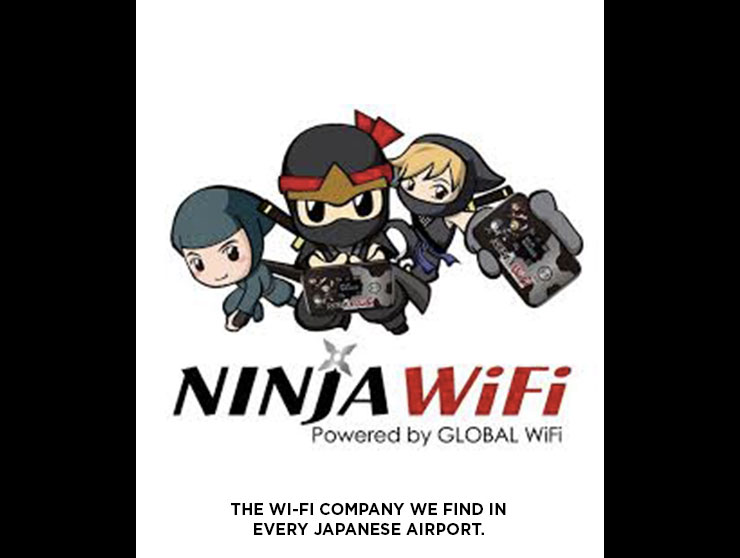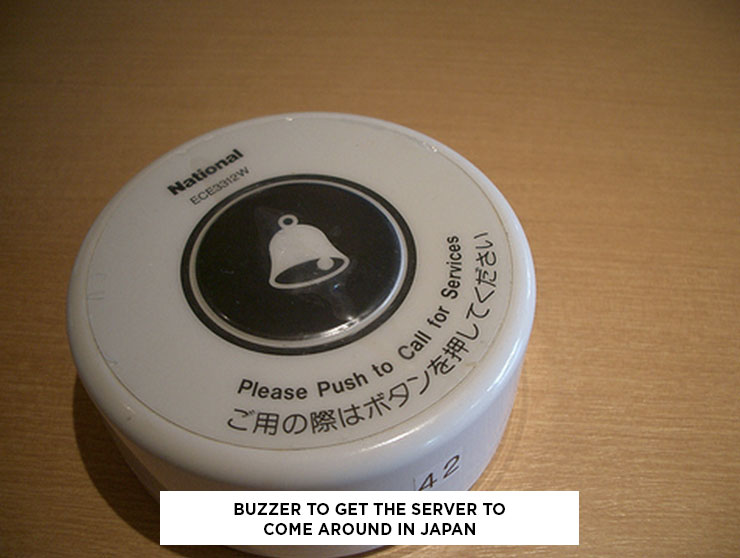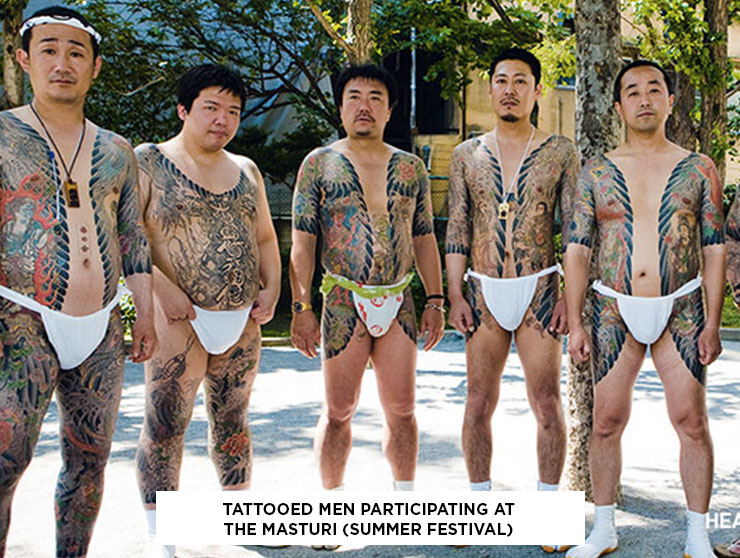Friendly advice before visiting Japan as a Quebecer/Canadian
Do not leave any tip: it is very frowned upon and seen as a form of charity. It is very insulting for such a proud culture. However, if you go visit a friend and you wish to bring something, you could bring them a gift. Japanese people will often give and exchange Mochis, which are rice treats. We do not have this type of treat here, and it’s boring to show up with a maple syrup can, although they really like it. Indeed, Japan is one of the biggest maple syrup importers! I have two options for you; the first one is to bring a box of maple syrup cream filled cookies in the shape of a maple leaf, and the second one is a little more expensive, but it would be to bring fine chocolate filled with maple syrup. One or the other will make your host very happy!
Do not get on the Shinkansen with your luggage; get them delivered! Indeed, I made that mistake on my second trip to Japan. Japanese people are so polite that none of them dared to tell me it is forbidden. The Shinkansen is that famous train that crosses the country at a speed of 300km/h. The train is conceived to carry people, not luggage, because the space is limited. People are used to get their luggage delivered to their destination, which is an odd concept for us. The mail service is at a very low cost and it is very effective, hence why people choose the delivery method instead of carrying their luggage around.
At the airport, try and find the kiosk where they allow you to rent a Wi-Fi router. For less than 10$CAD a day, you’ll have unlimited Wi-Fi access, even in the temples! It is really practical for when you visit around with Google Maps. You can also look in the city to rent one of these routers, but people at the airport generally speak better English than Tokyoites. For every trip I made to Japan, I used the Ninja Wi-Fi company. I really recommend it.
When you order at a restaurant, try and see if there is a button! Ah, that button. If we don’t know about its existence, it’s easy to look confused! Let me tell you about my first experience in a Japanese restaurant: The server brings us to a table in a quieter corner of the restaurant (that wasn’t really busy). We take our time to choose our meal and patiently wait for the server to come back. Fifteen, thirty, even forty minutes pass by without anyone coming around! I finally see the server and I tell him loud and clear すみません!, which means “Excuse me”. The server approaches our table, looks at us and shows us the buzzer under the table, which alarms the server when customers are ready to order. I then understand that you need to ring to get service. The concept seemed impolite; I feel bad ringing for service, but in Japan, the servers feel bad to interrupt just to take the order. The contrast between both Canadian and Japanese courtesy really shows in certain situations.
Take note that people in Japan speak really softly in a restaurant because they do not want to bother people around them. It’s quite impressive to see! Try and avoid screaming or talking loudly in restaurants or in public places. The only exception is if you are drunk!
Japanese can speak English, but they are really shy in doing so, because of their accent. Therefore, they can seem really distant if you stop a stranger in the street, but, by experience, it can be quite easy to find someone who speaks English.
Go see the tourist information booths, to the police officers, to security guards or to any employee in the metro. If they don’t speak English, they’re going to find someone who will be able to help you. Japanese people are really helpful.
The only exception that happened to me a couple times was with taxi drivers. If they’re too shy to tell you they don’t understand, it is possible they drop you off anywhere because they did not understand. Ideally, it would be to take a screenshot of the address in Japanese, because they have a hard time reading an English address. You can use Uber, but Uber is not really popular in Japan since taxis have fair prices and are really clean. Uber therefore didn’t implant as much in Japan as it did elsewhere in the world.
Friendly advice for tattoo artists / tattooed person:
Please respect the family hierarchy of tattooists. It means do not talk to a Japanese tattooist about another one. They have crews and families of tattoo artists that fight with each other. To avoid this awkward situation, do not talk, compare or judge a Japanese tattoo artist in front of another one. These fights might seem harmless, but they are taken really seriously and respect a very precise code of honor. For example, if I get tattooed by Shige and I then stop at the Horiyoshi Tattoo Museum, I won’t talk about it.
Cover your tattoos in Japan? Yes and no.
My hands are tattooed and my access to a restaurant or to an event has never been denied. I must say I dressed accordingly, not to shock people, with pants and long-sleeved shirts. On the other hand, I have heard stories about people being refused the access to a restaurant because they had face tattoos. Tattoos are still frowned upon, but we have the advantage of being “gaijin” or strangers; people won’t be scared of us because they know we are not Yakuzas. The reason why an establishment will refuse the access to a tattooed stranger is solely not to displease their usual clientele.
The only downsides are the “onsen” and the “sento” which are public baths. Tattoos are really frowned upon as they are seen as a form failure in life. Therefore, it is possible your access will be denied. If you are allowed to get in one of those public baths, be prepared to receive comments. Some “onsen” are more permissive as they have a Yakuza clientele. With a little research, it is possible to find some more tattoo-friendly places.
Do not cross the border with needles or any other tattoo material because of the Tattoo Ban. For more information about the Tattoo Ban, you can read my bloc about this subject.
This sums up the advices I had to give out. If you have any questions, you can always write to me: jftrudeltattoo@gmail.com ボン・ヴォヤージュ!(Have a good trip)
